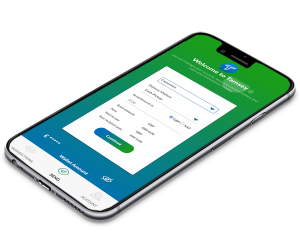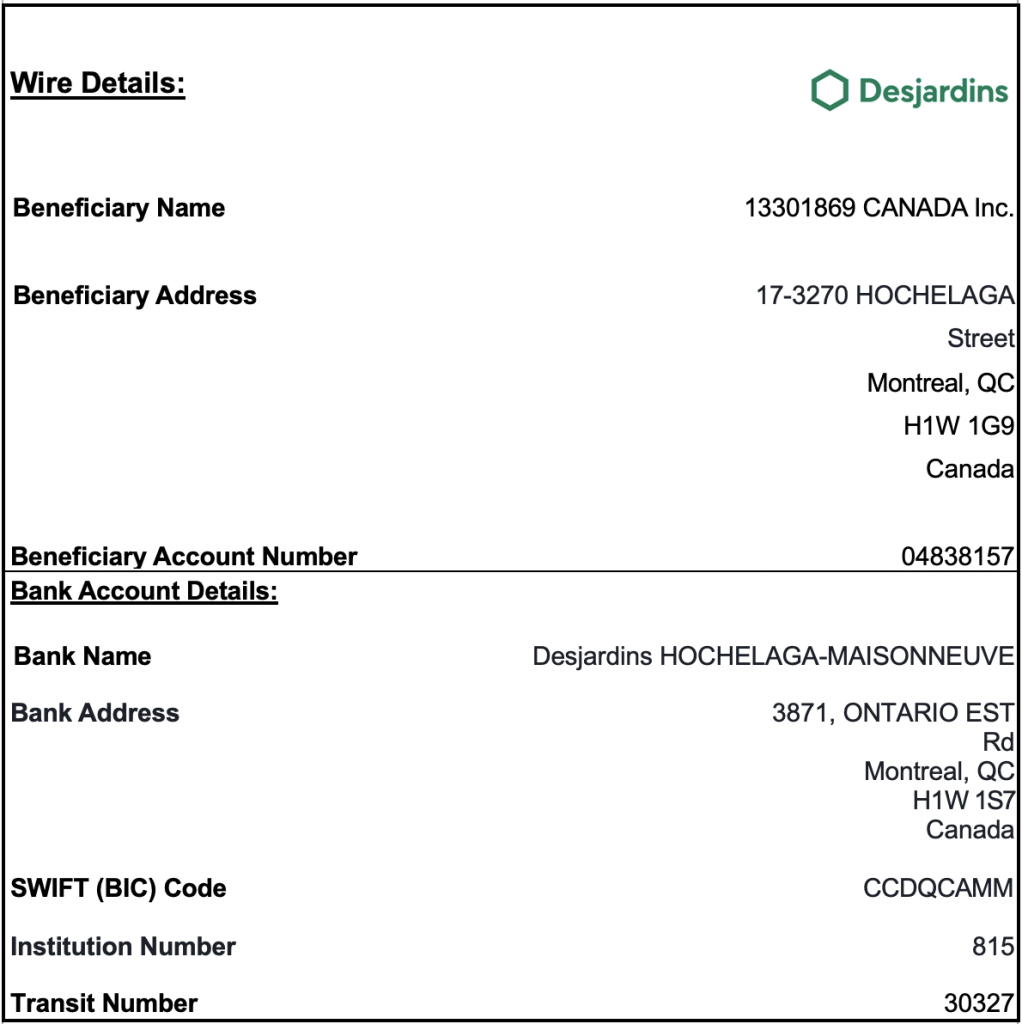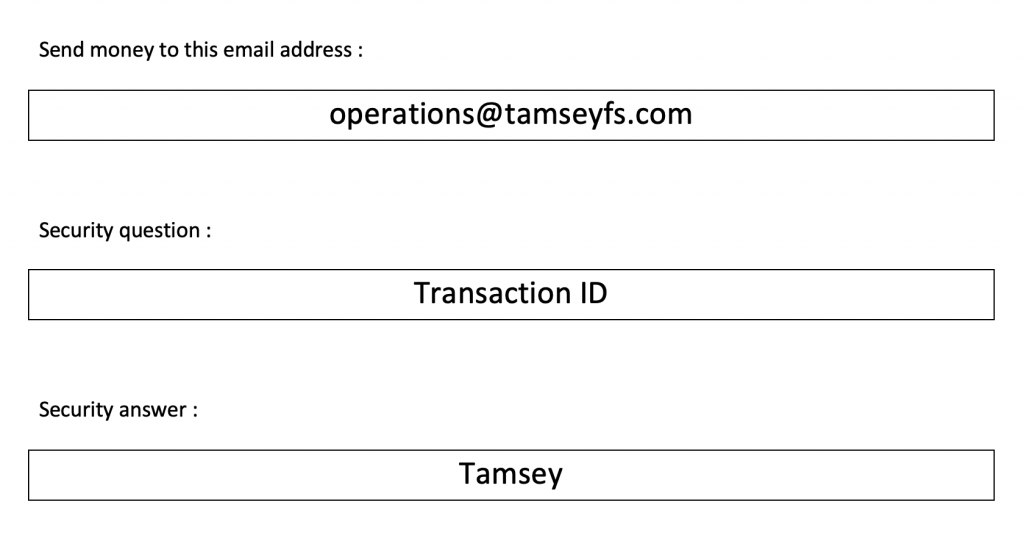
The world is becoming increasingly global, and with the help of the internet, it is common for people to work and live across borders, with families and businesses spread across continents. The problem of moving large sums of money internationally is increasingly frequent. Whether you are buying a holiday home in Spain or paying for school fees in the US, this article provides information on how to send large amounts of money abroad.
UK money transfer legislation
In the UK, money transfer regulation is undertaken by the Financial Conduct Authority (FCA), and HM Revenues and Customs (HMRC). Both entities have the power to enforce legislation and penalise service providers that facilitate international transfers that do not comply with regulation. Additionally, depending on the destination country there may be additional information requested from the bank or money transfer provider.
The UK government does not enforce a limit on the amount that can be sent abroad from the UK. That being said, the UK authorities (FCA and HMRC) constantly monitor international money transfers. Any suspicious activity is automatically flagged and investigated. Banks and service providers also have the responsibility to raise suspicious activity reports to the competent authority in the event that they identify any suspicious activity on their system.
Does Tamsey have a maximum limit on international transfers?
Tamsey has a number of limits in place depending on the regulation that governs the country in which money is being sent to. Tamsey may require additional information from the sender as well as the receiver in order to comply with local laws. For example you may be required to provide bank statements showing the proof of funds as well as an explanation for what the money will be used for. The number of countries that Tamsey supports can be found on the website.
Other points of consideration
Security – Ultimately you want to make sure your money is in safe hands and will be delivered on time and as promised. Whether you are using a bank or money transfer service, security should be one of your top priorities. Make sure that the service you are using is indeed registered with the Financial Conduct Authority (FCA). Any provider that is not registered with the FCA should be avoided.
Fees – In order to make sure that as much of your money is used for its intended purpose, always check the fees being charged by the service provider. Fees can vary widely between banks and international money providers. Especially with large amounts, the fees can be even higher than on smaller sums. Therefore it is important that you take the time to compare price alternatives before making a decision. Tamsey charges very low fees on international money transfers. Visit Tamsey’s pricing page to find out more about fees.
Sources:
https://www.gov.uk/guidance/how-to-comply-with-eu-payments-regulation



